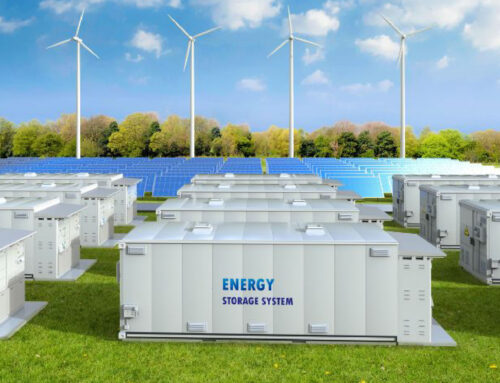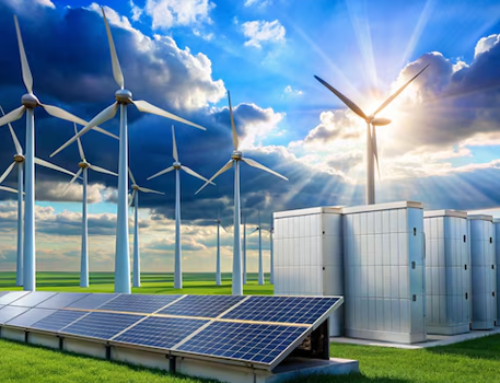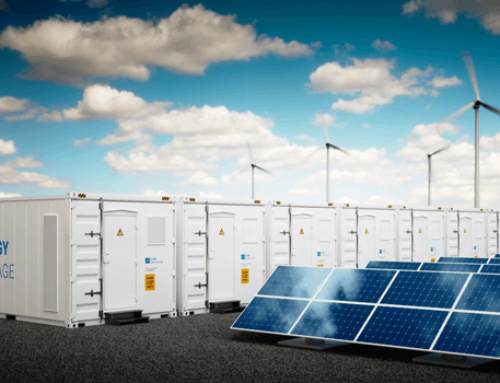

The National Solar Energy Federation of India (NSEFI), on Monday 30th October, launched the India Agrivoltaics Alliance (IAA). Formed by 12 organizations, the alliance will work with MNRE and the Ministry of Agriculture and Farmers Welfare, Government of India to drive the growth of Agrivoltaics in India.
The IAA is supported by the India Climate Collaborative (ICC) and Bloomberg Philanthropies.
IAA brings together all stakeholders across the value chain in the solar and agricultural sectors, including industry associations, research institutes, and financial institutions like NBFCs, policy think tanks and civil society organizations.
The alliance will examine agrivoltaics closely and study their socio-economic impact. IAA will also develop business models and financial instruments for Agrivoltaic projects and select the crops that are suitable for such a system. Additionally, it will also work towards the inclusion of women and youth communities in this emerging sector.
Agrivoltaics is a system where solar panels are installed at a height so that crops can be grown underneath. The plants keep the panels cool, raising their efficiency, and panels in turn protect the plants from sunburn. This approach optimizes land usage, enhances PV efficiency, helps farmers generate additional income, and even saves water.
Currently, there are around 20 agrivoltaic projects in India with a total capacity of 10 MW. Since India is a primarily agrarian economy, the scope of Agrivoltaic systems is high in the nation.
At the IAA launch event, MNRE joint secretary Lalit Bohra highlighted the major role Agrivoltaics can play in popularizing distributed renewable energy adoption and raising awareness in the public about RE adoption.
The launch of the India Agrivoltaics Alliance is a pivotal moment in our nation’s journey towards sustainable energy. Agrivoltaics is not just a technology; it’s a commitment to harmonizing agriculture and solar energy for a greener, more resilient future. This alliance will be instrumental in achieving this harmony, fostering innovation, and driving the transition towards a cleaner and more sustainable energy landscape in India,” stated Deepak Gupta, director general of NSEFI.
The 12 organizations that will be steering the alliance include the Council on Energy, Environment and Water (CEEW), Central Arid Zone Research Institute (CAZRI), Center for Study of Science, Technology and Policy (CSTEP), International Water Management Institute (IWMI), Indian Society of Agricultural Engineering (ISAE), Indian Chamber of Food and Agriculture (ICFA), The Energy and Resources Institute (TERI), Indo-German Energy Forum (IGEF), Skill Council for Green Jobs (SCGJ), Institute for Sustainable Energy Policies (ISEP) Japan, and Shakti Sustainable Energy Foundation.







Leave A Comment